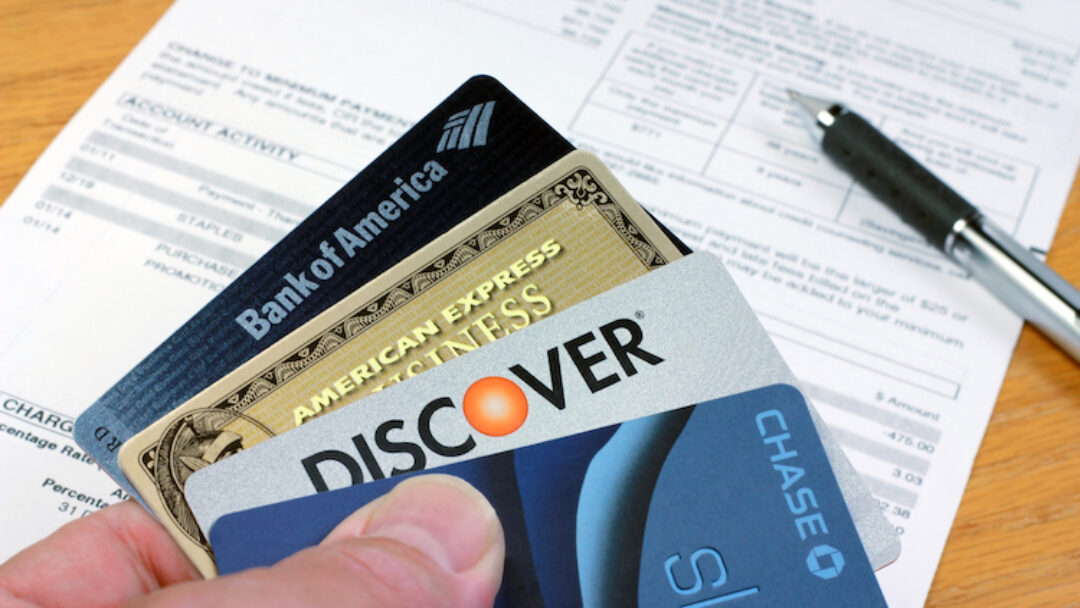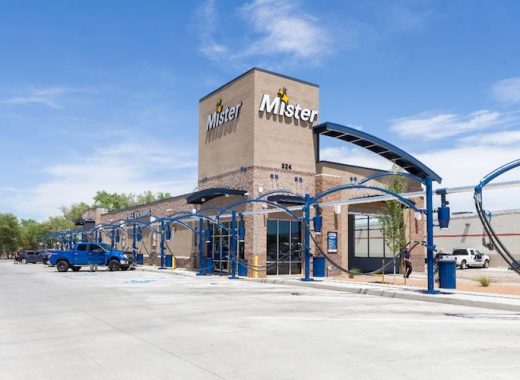In a move that could disrupt the payments industry currently dominated by Visa and Mastercard, Capital One Financial has announced its acquisition of Discover Financial Services for $35 billion. This deal will unite two major credit card companies and have a significant impact on the market.
As per the conditions of the deal where only stocks are involved, shareholders of Discover Financial will be given Capital One shares worth approximately $140. This represents a considerable increase compared to the Friday closing price of $110.49 for Discover shares.
The agreement unites two major credit card companies, excluding banks such as JPMorgan Chase and Citigroup, with the notable outlier of American Express. It also joins together two businesses with comparable clienteles, typically consisting of American consumers seeking cash back or moderate travel benefits, in contrast to the high-end credit cards primarily controlled by AmEx, Citi, and Chase.
According to Matt Schulz, the chief credit card analyst at LendingTree, the dominance of major players in this marketplace will decrease even further.
Discover’s payment network will gain a significant credit card partner, potentially positioning it as a major competitor in the U.S. credit card industry. Currently, Visa and Mastercard dominate the industry with American Express in third place and Discover in a distant fourth. It is uncertain if Capitol One will integrate the Discover payment system or create a new network that allows for simultaneous use of both Discover and another payment network, such as Visa.
According to a statement from Richard Fairbank, the chairman and CEO of Capital One, the acquisition of Discover presents a unique chance to unite two thriving companies with complementary strengths and brands. This will allow for the creation of a payments network that can rival the largest networks and companies in the industry.
According to recent data from the New York Federal Reserve, Capital One’s acquisition of Discover is a strategic move based on the belief that credit card usage and accruing interest on balances will continue to rise among Americans. By the end of the fourth quarter in 2023, Americans had amassed a staggering $1.13 trillion in credit card debt, with an overall household debt increase of $212 billion, representing a 1.2% uptick.
As individuals increase their credit card debt, they are also facing elevated interest rates. According to data collected by the Federal Reserve since 1994, the average interest rate on a credit card from a bank is approximately 21.5%, the highest it has been.
With a business strategy focused on targeting individuals who maintain a balance on their credit cards, Capital One specifically aims for customers who have lower credit scores compared to American Express or Discover.
Simultaneously, both financial institutions have had to increase their funds allocated for potential increases in borrower non-payments. Despite spending over two years fighting against an increase in prices, numerous individuals from lower and middle-income backgrounds have depleted their savings and are now relying more on their credit cards and taking out personal loans.
The profits of both banks have been affected by the extra reserves. In 2022, Capital One’s net income, available to common shareholders, decreased by 35% compared to the previous year, due to a significant increase of 78% in provisions for loan losses, reaching $10.4 billion. Similarly, Discover experienced a decline of 33.6% in its full-year profit, when compared to its 2022 results, due to a more than doubled amount of $6.02 billion in provisions for credit losses.
According to recent data, Discover’s clients have a total balance of $102 billion on their credit cards, representing a 13% increase compared to the previous year. Additionally, there has been a rise in both charge-off rates and 30-day delinquency rates.
Aside from increasing bank deposits and loan accounts, the purchase would also grant Capital One entry to the Discover payment processing network. Although not as large as industry leaders Visa and Mastercard, the inclusion of the Discover network will allow Capital One to generate income through the fees imposed on every merchant transaction processed on the network.
The company Discover has been facing increased monitoring from regulators. In the previous summer, it was revealed that starting in the middle of 2007, the company had mistakenly categorized certain credit card accounts as its top-tier merchant pricing. Additionally, the company was issued a separate consent order by the Federal Deposit Insurance Corporation for its handling of customer compliance management.
According to analysts at Citigroup, the sale may have been triggered by regulatory concerns. The decision of DFS to sell may stem from the company’s regulatory hurdles, particularly the FDIC consent order in October and the misclassification issue with their card product. This could have potentially prompted the board to explore strategic alternatives that were not previously considered.
The passing of regulatory scrutiny for the deal is uncertain. While most banks provide credit cards to their customers, there are only a few companies whose primary focus is credit card services, with banking being a secondary aspect. Both Discover and Capital One, originally known as the Sears Card, initially operated as credit card companies before branching out into other financial services such as checking and savings accounts.
The potential merger raises significant concerns about anti-trust issues due to the integration of Capital One’s credit card lending and Discover’s credit card network.








